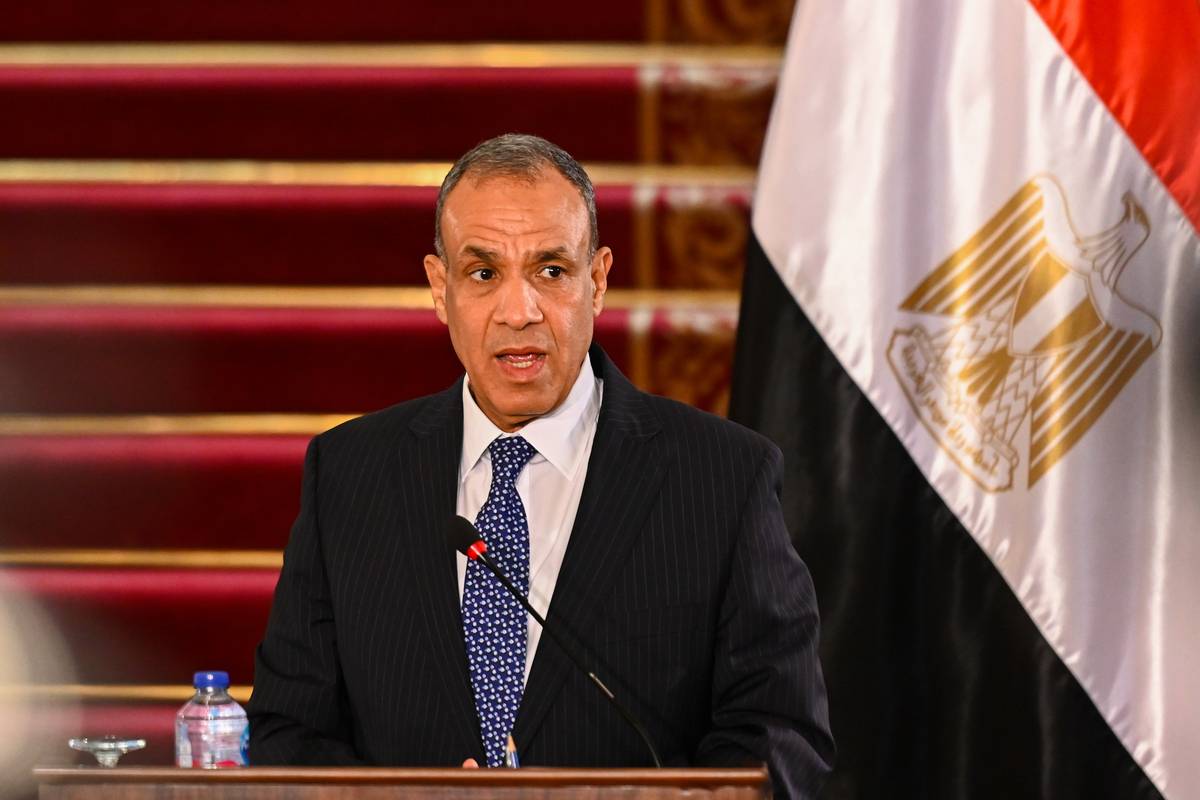Egypt launches diplomatic talks to ease tensions in Middle East

Egypt has launched intensive diplomatic talks to de-escalate tensions amid the spiralling crisis in the Middle East, according to Middle East Monitor on July 17th.
Egyptian President Abdel Fattah el-Sisi had instructed his Foreign Minister, Badr Abdelatty, to initiate contact with various regional and international officials to participate.
A statement released by the Ministry of Foreign Affairs on July 16th revealed that Abdelatty had held discussions with Iranian Foreign Minister Abbas Araghchi, US Special Envoy for the Middle East Steve Witkoff, and the Director-General of the International Atomic Energy Agency (IAEA) Rafael Grossi.
Abdelatty emphasised the centrality of securing regional security by promoting peaceful solutions and reinitiating diplomatic talks over Iran’s nuclear programme. He underlined that no military solution exists for both the Iranian nuclear issue and the wider regional crisis.
The participants in the diplomatic talks also discussed various pathways towards significantly de-escalating flaring tensions, establishing a durable ceasefire between Israel and Iran, and preventing the possibility of renewed hostilities across the region.
During Abdelatty’s call with US envoy Witkoff, he discussed the current efforts to establish a permanent ceasefire between Israel and Hamas in the Gaza Strip. This would include the release of detainees and hostages whilst facilitating the delivery of unhindered humanitarian aid to Palestinians trapped within the decimated territory, where almost 90% of homes have been damaged or destroyed according to the International Rescue Committee on July 1st.
Abdelatty recently told reporters at a diplomatic conference in Brussels that the EU-Israel deal to increase the amount of humanitarian aid entering the Gaza strip has failed to make any progress. The EU aid chief, Hadja Lahbib, said that Israel is not complying with the aid deal, stating that it is clear that Tel Aviv is not fully implementing the measures agreed upon.
Jordanian Foreign Minister Ayman Safadi revealed that 40 to 50 aid trucks were allowed to enter from Jordan, an amount “far from sufficient” to alleviate the humanitarian crisis in Gaza.
According to a statement released by the Egyptian Foreign Ministry, Abdelatty also reiterated to Witkoff “Egypt’s absolute rejection of all circulating notions regarding the establishment of a tent city in southern Gaza, or any attempt to effect demographic changes in the occupied Palestinian territories.”
This refers to the recent proposal of Israeli Defence Minister Israel Katz to displace roughly 600,000 Palestinians into a tightly controlled zone to the west of Rafah, near the Egyptian border. The plan, which has been marketed as a “closed humanitarian city”, prompted global condemnation, with many drawing conclusions that it would practically amount to a concentration camp.
If such concerns were to materialise, it would be a uniquely shocking atrocity for Israel to commit considering the unprecedented suffering inflicted on European Jews through similar crimes during WWII.
According to the UN Office for the Coordination of Humanitarian Affairs (OCHA), the Israel Defence Forces (IDF) has issued 55 displacement orders since Israel broke the January ceasefire in March 18th, with over 737,000 Palestinians in Gaza being newly displaced between then and July 15th.
Middle East Monitor, International Rescue Committee, Maghrebi.org, OCHA
Want to chase the pulse of North Africa?
Subscribe to receive our FREE weekly PDF magazine














